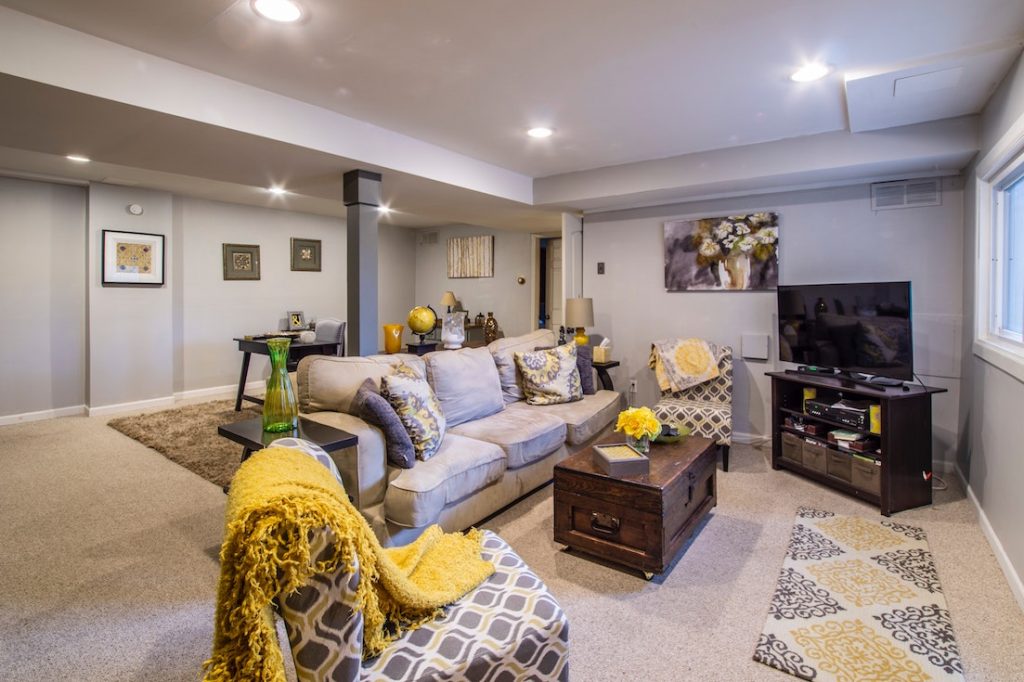If you want to get a new vacuum cleaner, then Dyson may be the way to go. In fact, you might have narrowed it down to the Dyson V7 or V8. Which one is the better buy? Obviously, the Dyson V8 is newer. Therefore, it might have some better features, but it also might be more expensive. Is it worth the extra cost?
Dyson V7 vs V8: First, the Similarities
These are both cordless vacuums. They’re both made by Dyson. Moreover, they are both designed to be an improvement over the earlier Dyson V6. Therefore, there are a lot of similarities between Dyson V7 vs V8. If you’re just looking for a basic cordless vacuum that has excellent power, then you could do well to get either one of them.
Both vacuums are similar in terms of body design. Each has a suction trigger as well as a max mode for more power. Both can be used as a stick vacuum or in a handheld mode. They can both clean hardwood floors as well as carpets. While the Dyson V7 has significantly improved battery life when compared to the V6, it’s not significantly different than the V8 battery life.
If you aren’t that particular, then there is no significant reason to spend the extra money to get the Dyson V8. They’re similar enough to one another that the lower price of the V7 is a good reason to go for that one.
Don’t Compare Apples to Oranges
One of the most important things to understand when comparing Dyson V7 vs V8 is that there are different versions of each of these vacuums. For example, you can get the Dyson D7 Motorhead, which is the basic version, or you can get the Dyson V7 Total Clean, which has a soft roller for hardwood floors (among other advanced features). Make sure that when you compare Dyson V7 vs V8 that you’re comparing the same versions of them. In other words, you can’t comprae the Dyson D7 Motorhead to the Dyson V8 Total Clean. You have to compare “apples to apples.”
Dyson V7 Animal vs Dyson V8 Absolute
One of the most common comparisons that people make when determining which of these vacuums to buy is the Dyson V7 Animal vs. the Dyson V8 Absolute. These have more features than the basic V7 Motorhead version described above. They are fairly comparable to one another and give you a good sense if one is better than the other for your needs.
The Dyson V8 Absolute:
- Is more powerful
- Has slightly longer battery power but also takes longer to recharge
- Is a slightly heavier vacuum
- Has a better filtration system
- Costs more
The Dyson V7 can meet the average household’s needs. However, if you require more power than normal from your vacuum’s suction, then you might find it worth it to invest in the V8. Moreover, the filtration system on the V8 is better so if you struggle with significant allergies then you might find it worth it to pay more for the V8.
Dyson V8 vs V10
You can also take a look at the Dyson V10. It’s got slightly more suction power than the Dyson V8. It also has a larger dustbin. However, it’s not noticeably better in other ways. It’s also significantly more expensive. Nevertheless, it’s worth a look if you’re doing a comparison.
Read More:
- Choosing the Best Vacuum Cleaner Under $100
- Finding the Best Vacuum Cleaner Under $200
- What is the Best Food Sealer?
Kathryn Vercillo is a professional writer with more than a decade of experience writing about healthy living and personal finance. She lives in San Francisco, where she has learned to maximize frugal living tips in order to thrive as a freelancer in one of the nation’s most expensive cities. When she’s not writing, she’s exploring the city on foot with her rescue dog. Learn more about her at www.kathrynvercillo.com.
Kathryn also writes about saving money with coupons over at GroceryCouponGuide.com



